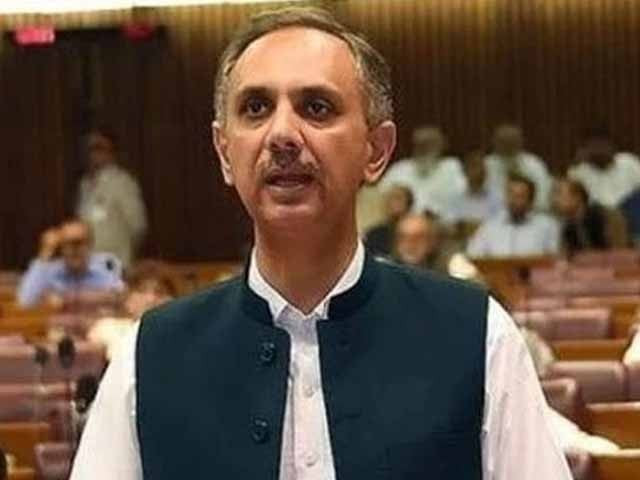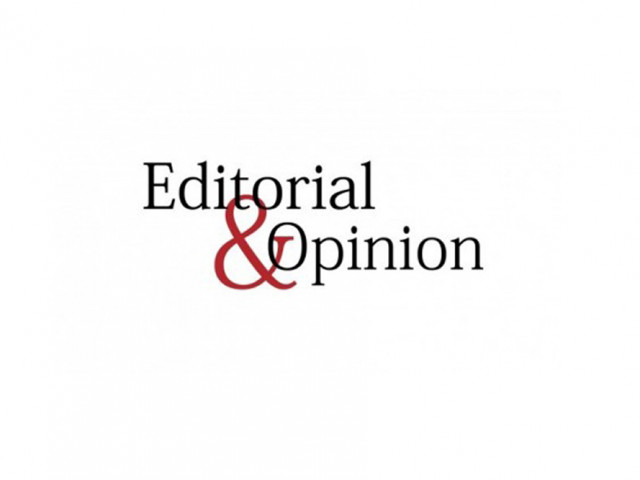Understanding the Recent Legal Developments in Peshawar
Peshawar has become a focal point for legal battles, especially with the recent activities in the Peshawar High Court (PHC). This week, the court saw a significant case involving Omar Ayub, a central leader of the Pakistan Tehreek-e-Insaf (PTI). Ayub is challenging the Election Commission of Pakistan’s (ECP) inquiry into his assets, which raises important questions about accountability and political dynamics in the country.
During the hearing, which was handled by a two-member bench led by Justice Waqar Ahmad, Ayub’s lawyer argued that the ECP’s inquiry was unnecessary and lacked jurisdiction. The defense claimed that all necessary records regarding Ayub’s assets had already been submitted. Their main argument hinged on the assertion that the ECP could not conduct hearings after the general elections, dubbing the ongoing proceedings “unconstitutional and illegal.”
Interestingly, the ECP’s stance is that they have every right to continue with their inquiry, citing that previous petitions relating to this case had been withdrawn. This back-and-forth showcases the complex relationship between political figures and regulatory bodies in Pakistan—something that both the citizens and the political community are keeping a close eye on.
Another matter addressed during the PHC hearing involved Bacha Khan University, where the court demanded an explanation from the provincial government for not appointing a permanent Vice Chancellor. This is significant because it reflects ongoing issues within educational governance in the region.
Omar Ayub has publicly expressed frustration with the ECP, labeling their actions as politically motivated. He insists that there’s an unfair targeting happening against him, particularly regarding the scrutiny of financial transfers to his family. His emotional outburst post-hearing reflects a broader concern many have regarding the politicization of judicial processes.
These cases are not just important for the individuals involved, but they also shed light on the intricate web of political power and legal accountability in Pakistan. The outcomes could have lasting impacts on how political entities operate and how the public views their leaders.
For anyone interested in staying updated about such legal and political developments or seeking more insights into governance and accountability, connecting with resources like Pro21st can provide valuable perspectives and information.




